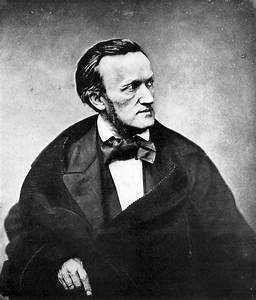She is Richard Wagner's extraordinary granddaughter, and her life has been ruled by the light and shade of his virtuoso. Be that as it may, as a young person experiencing childhood in Bavaria in the 1950s and '60s, Eva Wagner-Pasquier went googly-peered toward for a by and large unique melodic symbol: Elvis Presley.

She recalls the fervor he blended up the greater part a century prior just by going through a neighboring town on moves with the U.S. Armed forces. So a year ago, joined by her American-conceived child Antoine, Eva at long last trekked off to Graceland to pay tribute to the King.
The trek to Memphis was a carefree escape from the weights of maintaining a privately-owned company like no other. Since 2008, when Eva and her relative Katharina succeeded their dad Wolfgang Wagner, they have coordinated the celebrated around the world summer musical show celebration established in 1876 by Richard Wagner and oversaw by his beneficiaries from that point onward.
In this bicentennial year of the writer's introduction to the world, Wagner lovers are currently putting forward on their yearly journey to the seat of his still-intense social area: the enchanting city of Bayreuth settled a long way from Germany's urban focuses, in the moving slopes of Upper Franconia.
From July 25 through August 28, the dependable will climb the city's extremely popular Green Hill to the orange brick– clad Bayreuth Festival Theater—referred to universally as the Festspielhaus. It was worked by Wagner himself to show his progressive works—among them his four-section Ring cycle, Tristan und Isolde, and Parsifal—in the creative design and stagings, he felt they required.
At Bayreuth, be that as it may, just Wagner's works are exhibited. After his demise in 1883, the celebration and the performance center turned into a holy place of worship for his supporters, a large number of whom grasped his belief system of savage German patriotism, racial prevalence and hostile to Semitism. He was worshiped by Adolf Hitler, whose ascent was abetted by the Wagner family's help in the mid-1920s.
Through every one of the upheavals of present-day German history, be that as it may, the celebration has persevered. Around the same time, Eva Wagner was conceived in a neighboring town in April 1945, Allied warplanes leveled 66% of Bayreuth. Wahnfried—the stately home and gravesite that is the Wagners' proportionate to Graceland—was 45 percent annihilated in the first of four besieging attacks that all in some way or another saved the Festspielhaus.
By 1951, the celebration was up and running again under the course of Wieland Wagner, the arranger's grandson, who had reevaluated himself as a post-Nazi musical show visionary and rebranded Bayreuth as a safe house for cutting-edge preparations that have intermittently outraged traditionalists.
David McVicar, the prominent Scottish theater, and musical show chief trust that potential Wagner fans have been superfluously frightened away by the apparent trouble of his works. "I don't care for the possibility that any musical show author is drawn closer as a sort of scholarly Everest to be climbed," says McVicar, who has coordinated Wagner's Die Meistersinger and the Ring cycle.